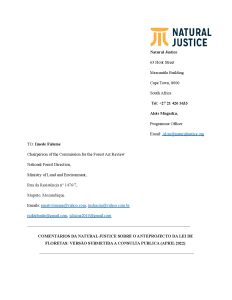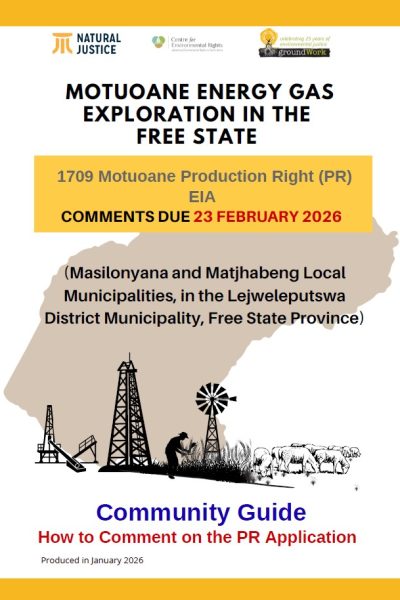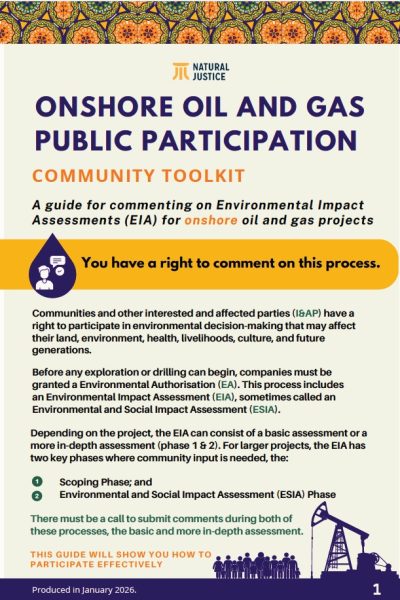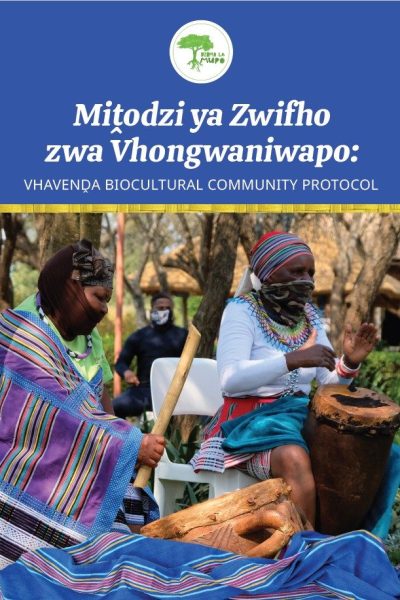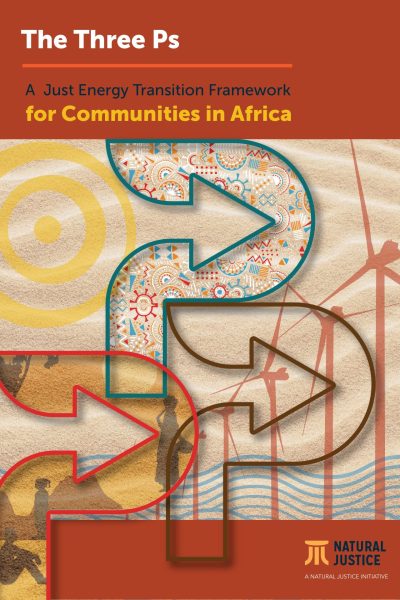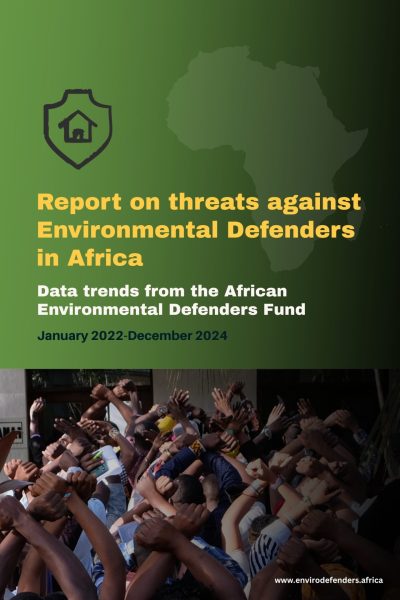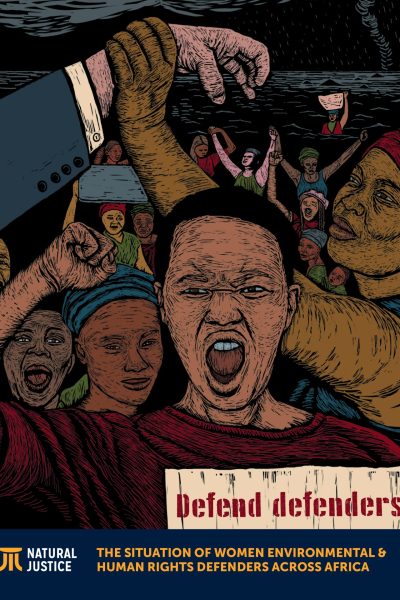Natural Justice provided comments on Mozambique’s draft Forestry Bill. Our submissions covered various issues.
Natural Justice recommends that the Mozambican government – encourage the interaction and collaboration of the different forest owners and strengthen the network of stakeholders involved in forest protection and everyday risk and crisis management. In this way, common protection measures impacting the three components of risk, hazards, vulnerability, and the stakes involved, can be adopted, and applied collectively and stakeholders will have more weight and be more effective when dealing with public authorities.
Furthermore, we recommend that the government encourage the development of forest-sector businesses and activities, get local councilors involved in forest protection, and consolidate and improve perceptions about risk within the whole community (including the public, local councilors, and forest owners).
In addition, Natural Justice recommends the government – adapt and simplify legislation, develop regional decision support tools related to multi-risks for forest owners so that they can integrate risks into their forest management. Importantly, the government should implement a system to assess the efficiency of the protection measures taken.
Natural Justice recommends that the Mozambican government develop monitoring tools to raise the alarm and ensure that measures are taken, monitor the development of hazards and adapt the protection methods. In short, the government should make available knowledge and data related to risks to build up a reference data set. The government should also develop risk management training programmes within the educational sector related to forestry.

